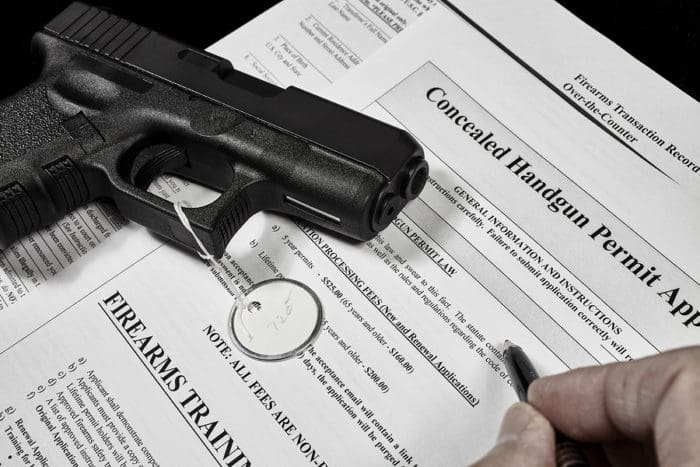Ilya from Michigan writes . . .
If you’d have met me three weeks ago, you’d unequivocally know my stance on guns. I was not only against the ownership of AR-15s, I was in the minority of folks who thought all private gun ownership should be illegal.
Fast forward to today: I own a GLOCK 19 Gen5.
I’m still in a bit of disbelief that there is a dangerous weapon in my house: one that more frequently contributes to accidental deaths, violent homicides, and suicides, rather than the romanticized personal protection experiences.
What happened? The world changed overnight and my opinion…evolved.
I’ve always been a strongly opinionated person, but I pride myself on the idea that my beliefs are loosely held. Strong opinions are great, but what you don’t want is to be egotistically blinded by them. I don’t want to be held hostage by a belief that is no longer valid, given new information.
My views before
I live a pretty privileged existence. My family lives in one of the most affluent communities in Michigan. Everyone in the neighborhood leaves their doors open with bikes on the front lawn. Rarely do we worry about anything being stolen, let alone violent crime. I wasn’t born with this privilege, but worked really hard to get where I am.
Circumstances shape people’s understanding of the world, and my situation highly influenced my views on gun ownership. There was no argument, be it constitutional, personal protection, safety, hunting, or anything else that would change my mind and stop me from logically deconstructing your argument.
Guns are used in more than 20,000 suicides, 10,000 homicides, and just under 1,000 accidental deaths in the US each year. Yes, one can argue that people kill people, not guns. But I’d argue that access to firearms makes it much easier to accomplish the act. I believed that at the national scale, guns were a danger to our society. I wanted no part of this.
How my views have changed
For months, I heard the news of a novel virus spreading in China, which had the potential to turn into a global pandemic. This happens regularly, with Cov-2, H1N1, Ebola, MERS, etc.
We read about it in the newspapers, hear about people dying in other countries, watch coverage of civil unrest, and then we hit the off button and get back to our 21st century privileged American lives. It’s not that we aren’t worried or believe that this can’t happen to us; rather, we’ve never experienced anything similar to this. Our imagination can only take us so far. We think it’s “them”. This will just go away.
Then shit got real. Countries started shutting down. Stay-home orders were being issued. Supply chains were disrupted and people were hoarding daily necessities.
Cracks in our supply chain became evident and we started experiencing shortages reminiscent of the former Soviet bloc. Companies were going out of business or downsizing. People were losing their jobs at an unprecedented rate.
I’m not a prepper. I’ve never left a store with more food or supplies than what’d I’d typically consume in a few days. I don’t overreact. But the supply disruptions, along with economic uncertainty, started to worry me.
Are we, as a country, prepared? Am I prepared?
We model our future preparedness based on past worst-case scenarios. My grandmother, who lived through WWII in Eastern Europe, stashed every penny away for what she called “the dark days.” The worst days she can recall in her life’s experience.
But as one of the best minds in risk assessment, Nassim Taleb, notes, you can’t prepare for the worst-case scenario based on past events, because the worst-case scenario hasn’t happened yet.
At about the same time, I was chatting with friends who are gun owners and they mentioned the long lines at gun shops. People were buying out all of the guns and ammo. But instead of my typical reaction of “guns are bad and those people are crazy,” my mind started wondering about all of the tail risk possibilities during this event.
What happens when food supply chains fail? What if my area becomes unsafe? Do I need to learn how to hunt? With what? Will civil unrest break out?
People will do anything they can to ensure the survival of themselves and their families. Our preparedness models are based on past assumptions of stability and civil obedience. But we’re in an uncharted territory.
The question I asked myself: What do I need to do to feel safe and protect my family?
I called my friend, who advised me that for personal protection, I should get a handgun. The next day, I walked into a store I never thought I’d set foot in. The line was long. I patiently waited while periodically watching the Fox News station on TV.
The store employees were all armed — very stern, but also very nice. I’ve never felt as safe around so many firearms. That’s when I filled out the background check form and I bought my first gun.
[buy_now link=amzn.to/3aUT5Bm]
